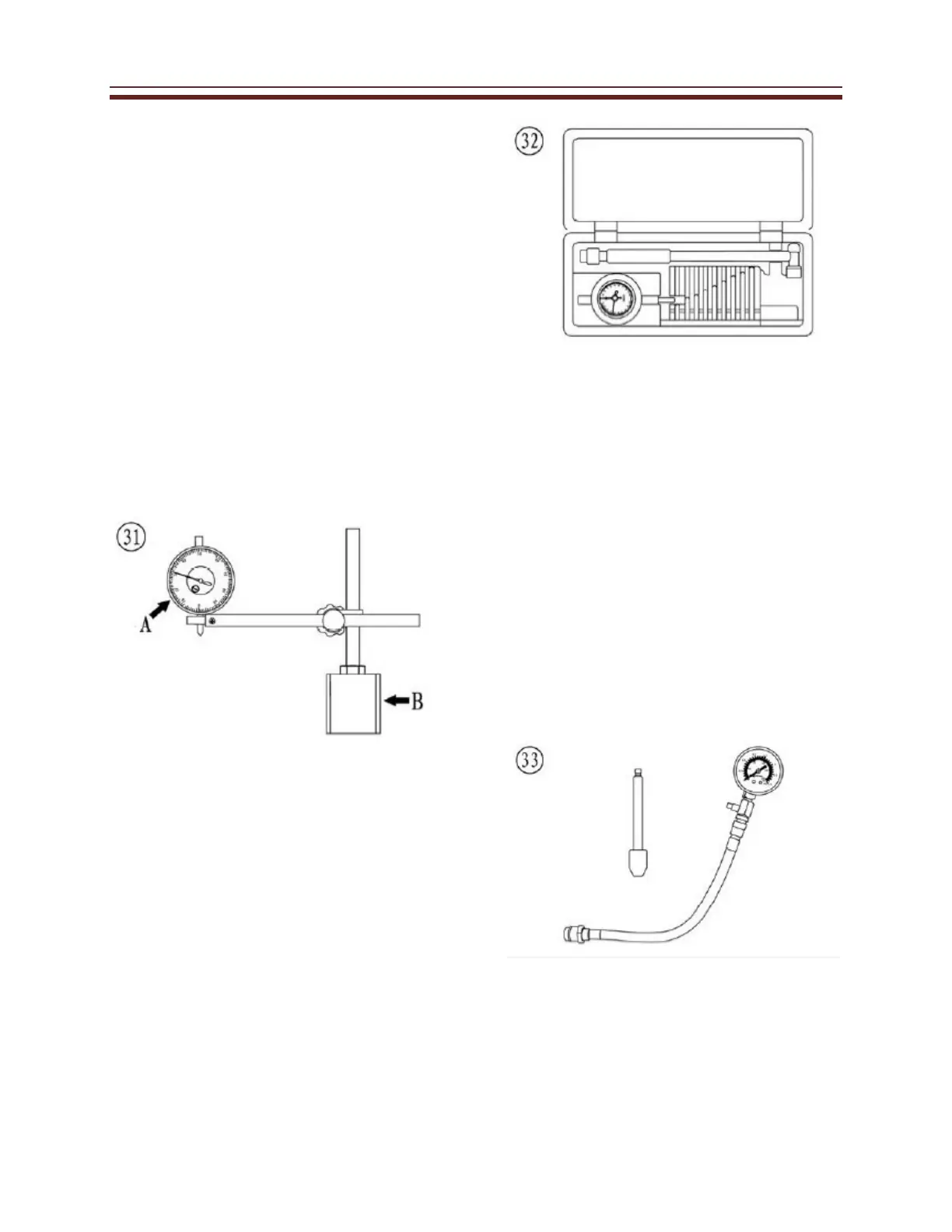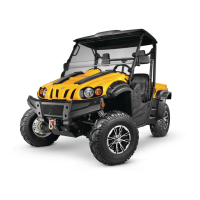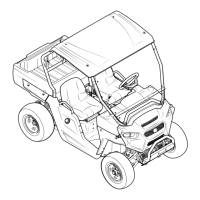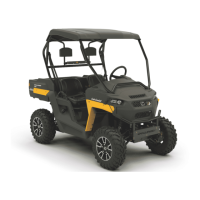General Information
Dial Indicator
A dial indicator (Figure 31) is a gauge
with a dial face and needle used to
measure variations in dimensions and
movements. Measuring brake rotor run
out is a typical use for a dial indicator.
Dial indicators are available in various
ranges and graduations and with three
basic types of mounting bases:
magnetic (B. Figure 31). Clamp, or
screw-in stud. When purchasing a dial
indicator, select one with a continuous
dial (A, Figure 31). Cylinder Bore
Gauge.
A cylinder bore gauge is similar to a dial
indicator. The gauge set shown in
(Figure 32) consists of a dial indicator,
handle, and different length adapters
(anvils) to fit the gauge to various bore
sizes. The bore gauge is used to
measure bore size, taper and out-of-
round. When using a bore gauge, follow
the manufacturer’s instructions.
Compression Gauge
A compression gauge (Figure 33)
measures combustion chamber
(cylinder) pressure, usually in PSI or
kg/2
cm. The gauge adapter is either
Inserted or screwed into the spark plug
hole to obtain the reading. Disable the
engine so it does not start and hold the
throttle in the wide-open position when
performing a compression test. An
engine that does not have adequate
compression cannot be properly tuned.
Refer to Chapter Three.

